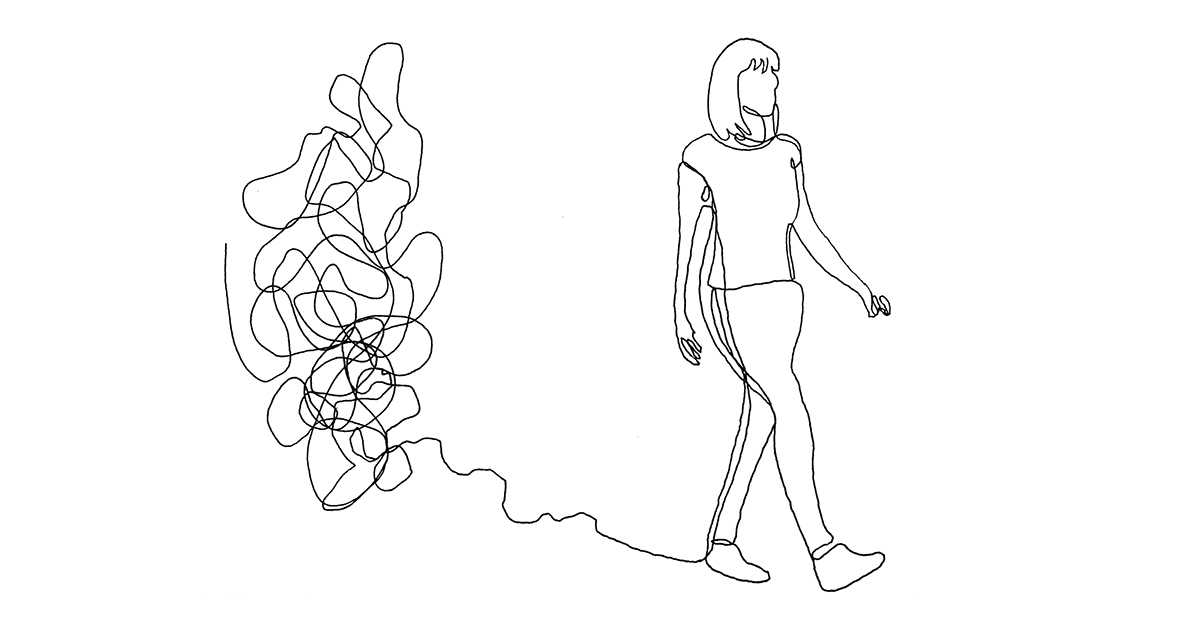- Joined
- Feb 10, 2008
- Messages
- 7,530
- Reaction score
- 6,689

Ten Sessions - This American Life
A therapy that helps people work through unhealed trauma in just ten sessions.
Highly recommend listening if you have some time. It features a journalist who went through the treatment (related to a sexual assault she experienced in childhood) and recorded sessions for the podcast. Nice to see positive coverage of a PTSD EBP!
